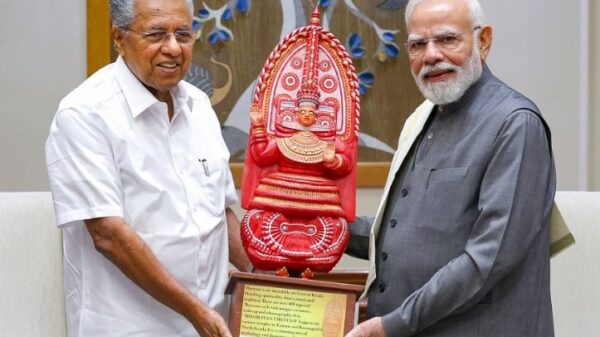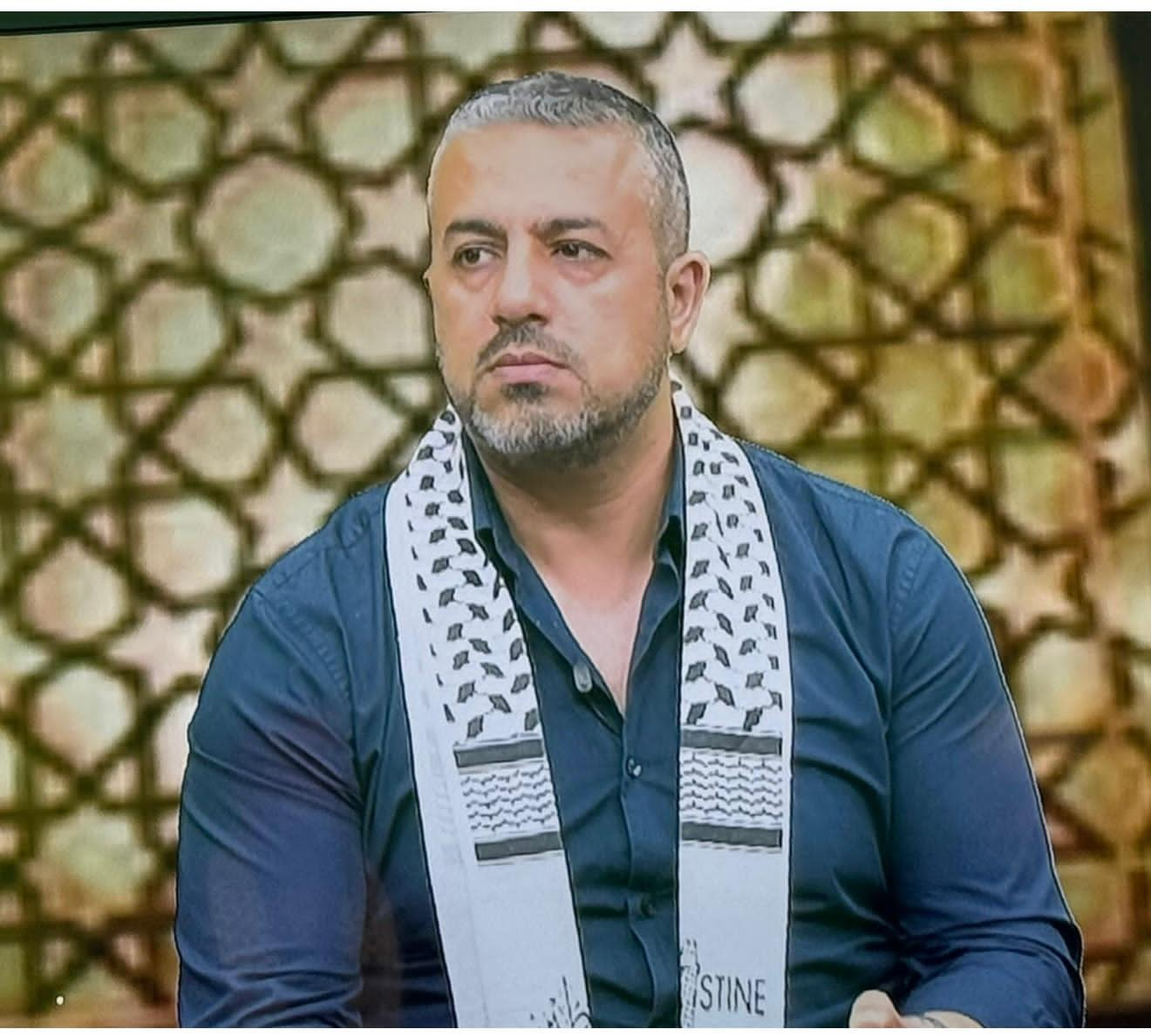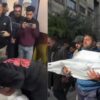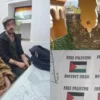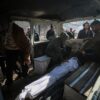Interviewers: K Shabas Haris & Najma Ashraf
Yousef Alhelou is a Palestinian journalist, political analyst, commentator, and filmmaker. He actively uses social media platforms, particularly Instagram, to share daily events in Gaza, exposing the atrocities and oppression faced by the Palestinian people. In this interview, Alhelou critically discusses Western media’s approach to Palestine, the hypocrisy in news coverage, and the emergence of citizen journalism among Gaza’s youth.
Question
We’ve seen a significant rise in children and young people in Gaza using social media to document their experiences, a stark contrast to previous generations in Palestine. How do you view this utilization of social media by the current generation to showcase the oppression they face?
Answer:
There’s a new phenomenon across the occupied Palestinian territories. The younger generation aspires to become journalists to cover events and expose the complicity and silence of Western media. Young people tend to become reporters, journalists, and video journalists. They use their smartphones to document what is happening.
They can film using their phones, edit using simple editing platforms, and rely on e-SIMs if there is no internet connection. So yes, everybody with a smartphone is a citizen journalist across the occupied Palestinian territories, especially in Gaza, which has been facing a genocide for nearly two years.
Question
It is often observed that content from Palestinian social media platforms does not receive widespread coverage in mainstream Western media. Do you believe this content effectively deconstructs mainstream narratives? What is your opinion on this dynamic?
Answer:
I think the traditional corporate media in the West no longer holds a monopoly over the narrative. Israel fights our narrative. It wants to conflate and manipulate the facts.
They cannot ignore the thousands of videos coming from Gaza and those brave journalists on the ground, whether they are highly experienced or new journalists who decided to cover the story.
They are trusted because I follow many of these new journalists. We verify their videos and their stories, and they have become trusted sources of news.
Question
Based on your understanding, are internet and electronic gadgets readily available to people in Gaza, despite the ongoing circumstances?
Answer:
There is frequent disruption in internet connectivity. There is severe destruction of internet services, and often there is no electricity at all. People in Gaza rely on solar panels or small electrical generators, but without fuel, these generators are useless.
There is a challenge in uploading materials and connecting to the outside world. It is not easy—people have to climb rooftops or tall buildings to catch signals.
Question
Tragically, many journalists have been killed in Gaza since October 7. In your assessment, is ground journalism in Gaza exceptionally risky?
Answer:
Gaza is the most dangerous place in the world for journalists. Israel has killed so far 250 journalists. Many of them received direct threats from the Israeli army because they were reporting. Many of these journalists are respected, trusted, and well-known; some are new journalists.
Meanwhile, foreign journalists are not allowed to come and report from Gaza. No one was allowed to enter Gaza since the genocide started. There is an attempt to impose a media blackout, and constant intimidation against Palestinian journalists because they dare to document Israeli crimes in Gaza.
Question
There have been reports of social media platforms like Instagram removing content that supports Palestinian resistance. Do you believe this behavior by social media platforms poses a danger to the future of citizen journalism?
Answer:
The giant media platforms such as Instagram, X (formerly Twitter), or Facebook censor Palestinian content. I myself had my Instagram account, which had over a million followers, suspended for over four months. Meanwhile, Israeli accounts of soldiers who share their crimes online remain untouched.
There is hypocrisy. There is a double standard policy when it comes to freedom of expression online.
Question
Do you believe that since October 7, citizen journalism in Gaza has played a significant role in garnering worldwide support for Palestine?
Answer:
Indeed, citizen journalism has played a major role in reporting what is going on on the ground. Because, as I said, anybody with a smartphone is obliged to report, to shoot, to film any story that he or she considers important. It is in their DNA to show the world what is happening, because the Western media does not give enough airtime to Palestinians and does not expect Palestinians to be human beings.
That is why they feel obliged to send these materials—footage, reports, and videos—to the outside world.
Question
Can you share a personal, unforgettable moment from your experience in ground journalism in Gaza?
Answer:
I reported on the first Israeli war on Gaza in late 2008, and I saw white phosphorus bombs burning Palestinians alive. That was very shocking.
There were many other shocking moments, such as stray dogs eating the bodies of civilians, especially children, who were turned into crisps as a result of those lethal white phosphorus bombs and other weapons.
Question
Considering the dire circumstances where people are facing shortages of food and water, yet still prioritize using mobile phones and cameras for their resistance, what do you envision as the future for Gaza?
Answer:
In light of starvation and shortages of food and water, people also struggle to recharge their mobile phones because there is no electricity. They have to pay money, queue in lines, and leave their phones at charging stations.
They risk their lives to go to any internet shop or any place with a charger to ensure their phones are up and running because they cannot live without a smartphone—whether to communicate with loved ones or to document and film what they experience and face.
Purpose of Interview: Dissertation for K. Shabas Haris under the title “Framing Resistance and Resilience: How Citizen Journalism from Gaza Shaped International Discourse and Palestinian Narrative Post-October 7th.”










